All Ideas Are Welcome: Advancing Health Equity for All
Jeronimo Cortina, Ronika M. Alexander-Parrish, Symielle Gaston, Marino Bruce, LaToya O'Neal
“Improving the Health of Populations through Science and Innovation” is more than a motto: It is a call to action.
The IAPHS Racial and Social Justice (RSJ) Working Group formed in 2021 to answer that call by creating a space for ideation and collaborative work to disrupt the racial health inequities so starkly illuminated during the COVID-19 Public Health Emergency. Recognizing the ongoing ubiquity of systemic inequities at structural, institutional, interpersonal, and individual levels and the resulting sub-optimal health experiences and outcomes for minoritized groups, we are broadening our capacity to develop and implement multifaceted strategies to achieve our ultimate goal of population health justice. As such, we introduce and invite participation from all IAPHS members in the newly formed Health and Social Justice Committee (HSJC). The HSJC will serve as the coordinating committee for subcommittees focused on various social determinants of health. For example, the RSJ Committee will continue to provide guidance on strategies to advance racial and ethnic justice.
The HSJC will facilitate the convening of individuals from various disciplines, lived experiences, and career trajectories to express their ideas and safely challenge existing norms and paradigms. The primary aim is to foster innovative, cross-disciplinary scientific approaches designed to both address barriers to achieving health equity and promote justice for all populations. Audre Lorde captured the sentiment and premise for the HSJC in a quote from her 1982 Black History Month speech, Learning from Social Movements During the 1960s, where she declared, “There is no such thing as a single-issue struggle because we do not live single-issue lives”.
Strategic Initiatives
Reducing Inequality and Pursuing Equity
The HSJC understands the need for strategic initiatives to address the social determinants of health that perpetuate health inequities. Through research and policy recommendations, the committee endeavors to advance evidence-based solutions that reduce health disparities and promote health equity. By conducting interdisciplinary research and fostering partnerships with various stakeholders, the HSJC aims to re-construct how we approach society’s problems and increase not only the quantity of opportunities but also the quality of opportunities for everyone to live their lives to their full potential.
Advancing Population Health
Population health is intricately linked to equity. The HSJC recognizes that it is essential to address societal problems beyond individual-level interventions to create sustainable and collective improvements in population health outcomes. Thus, the HSJC strives to generate innovative ideas and strategies that integrate the social, economic, and environmental determinants of health, ultimately promoting health equity and creating healthier communities globally. The HSJC’s focus on inclusivity, diversity, scientific rigor, and strategic initiatives to advance health equity creates an inclusive and collaborative environment devoted to addressing health disparities.
Join us in our pursuit of advancing health equity. By championing diverse ideas and encouraging active engagement from all IAPHS members, we aim to create a sustainable and collaborative environment where everyone’s voice is heard and valued. Together, we can work towards reducing inequality and achieving health equity in a collective and impactful way. Get ready to act and be part of our efforts to create a healthier and more equitable future. All ideas are welcome!
Please join us for our town hall during the annual IAPHS conference this fall.
*This blog post was co-authored by Symielle Gaston and Ronika Alexander-Parrish in their private capacities. No official support or endorsement by the NIH, National Institute of Environmental Health Sciences or Pfizer, Inc. is intended or should be inferred.

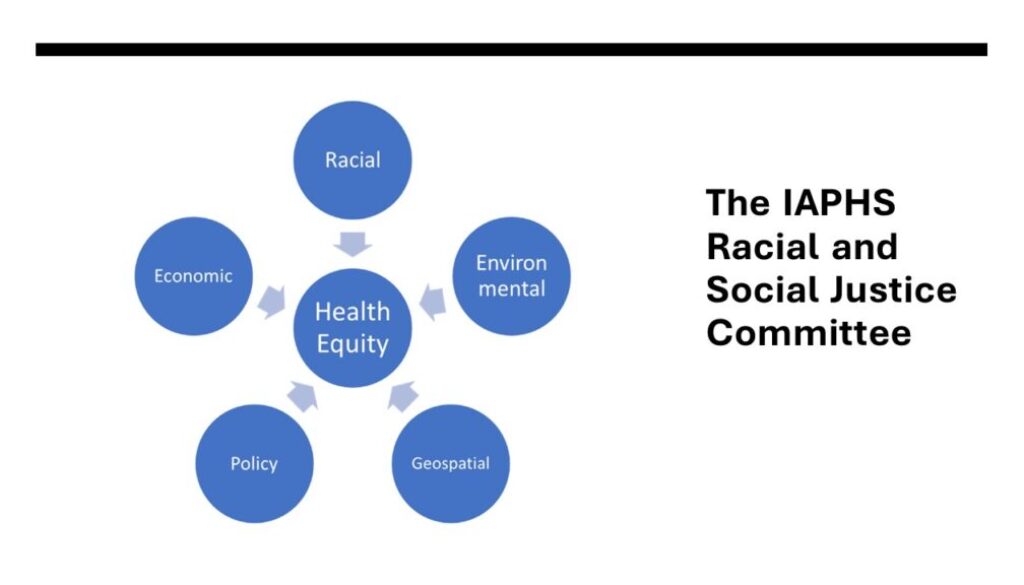


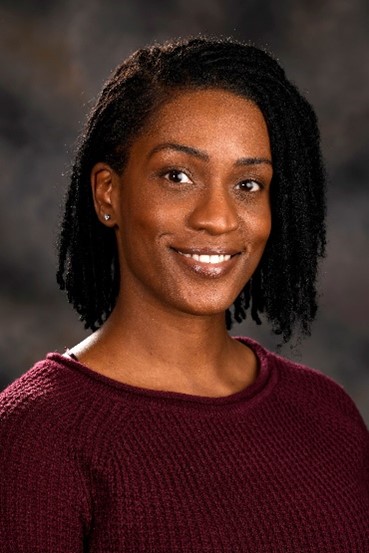

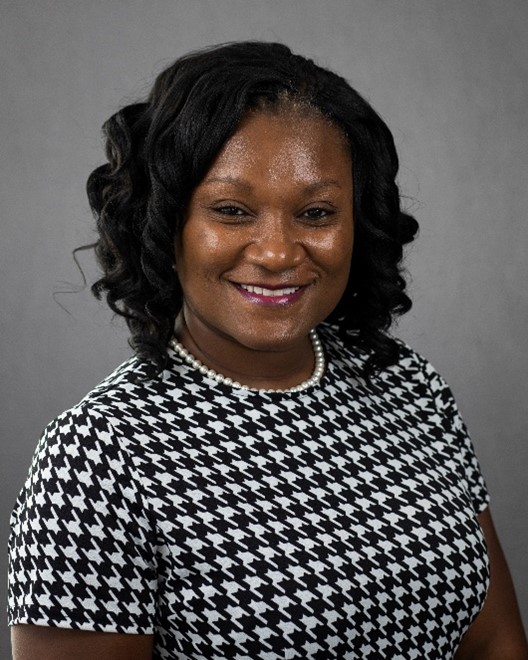
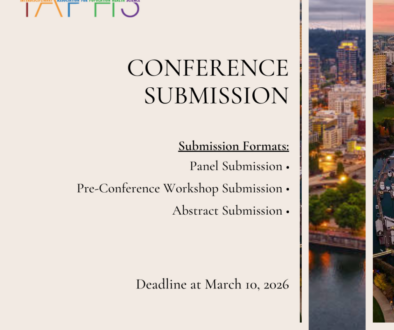
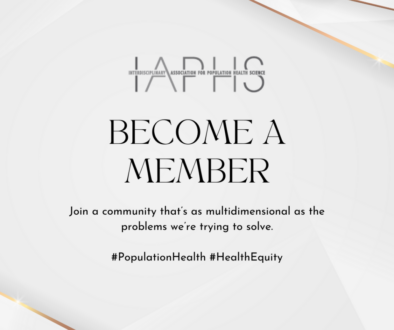
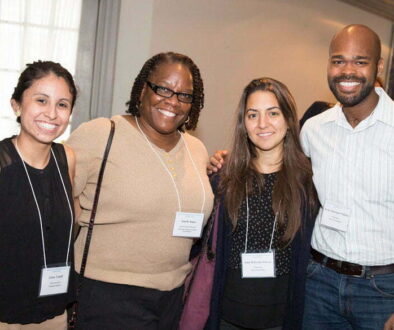
All comments will be reviewed and posted if substantive and of general interest to IAPHS readers.